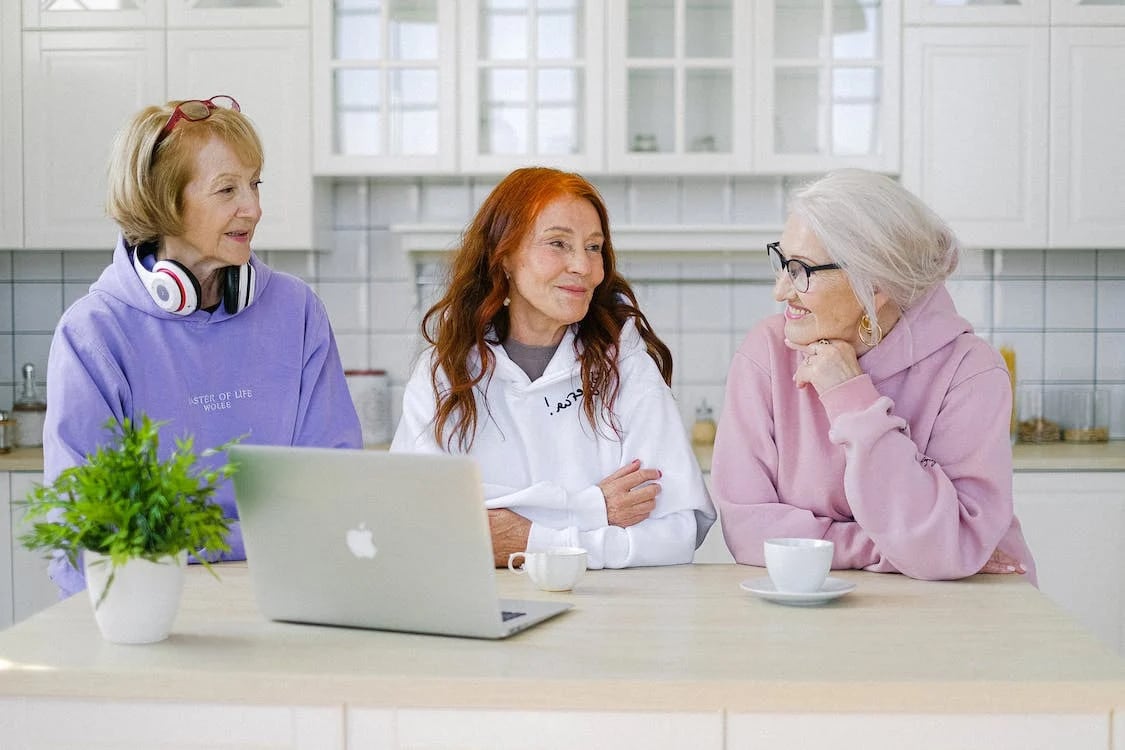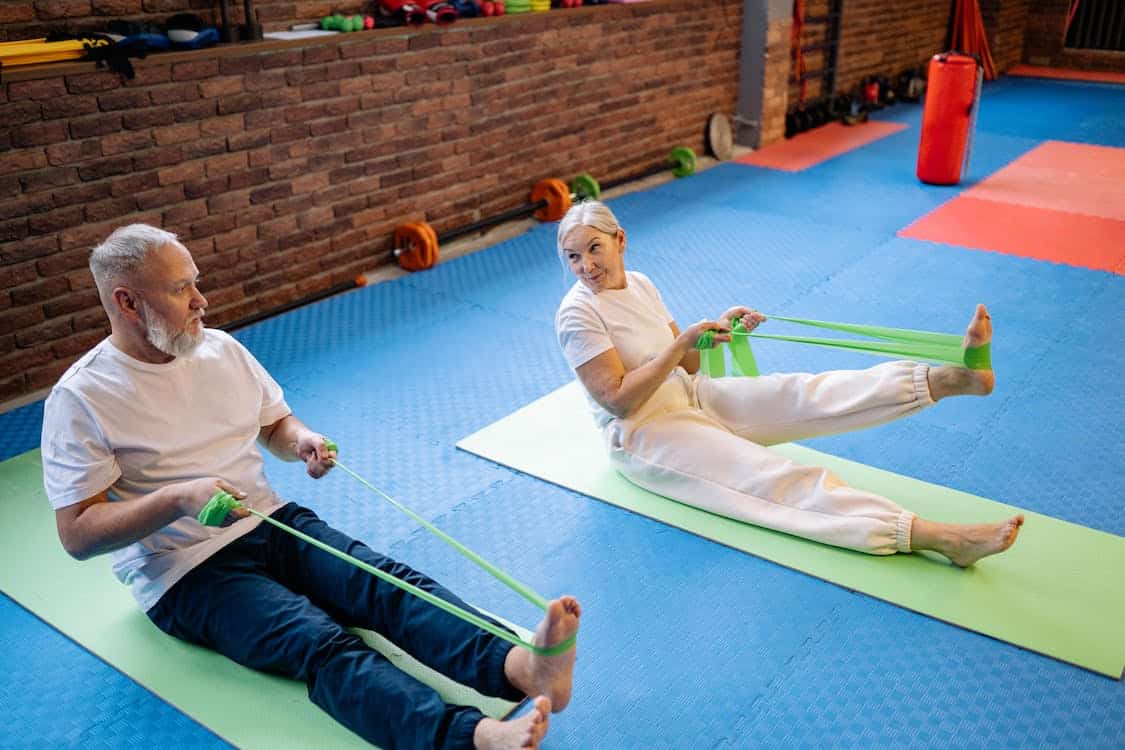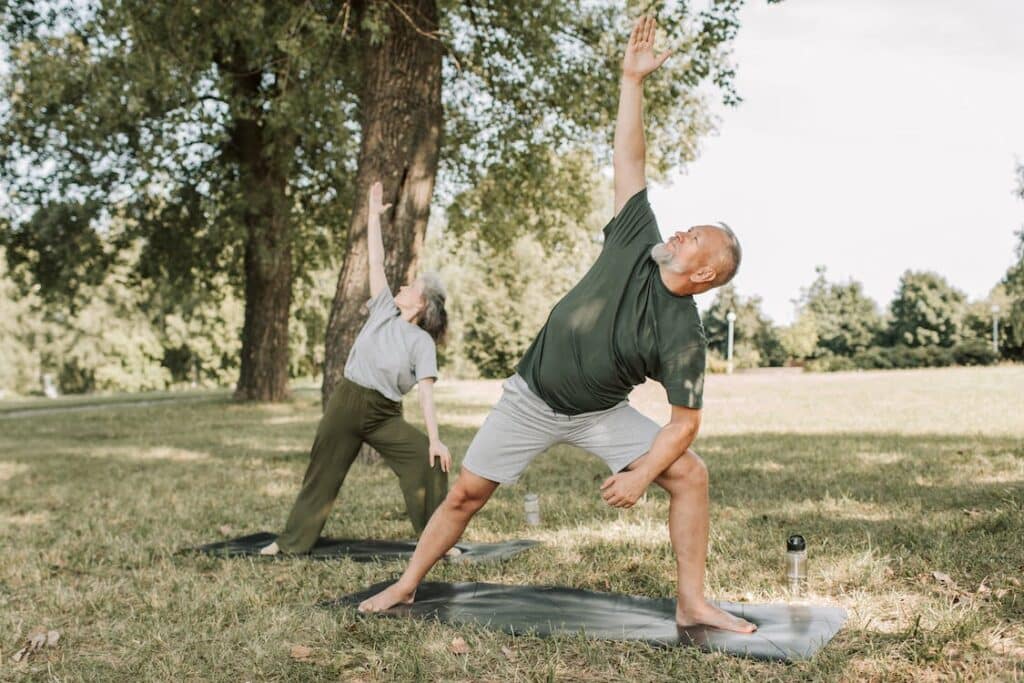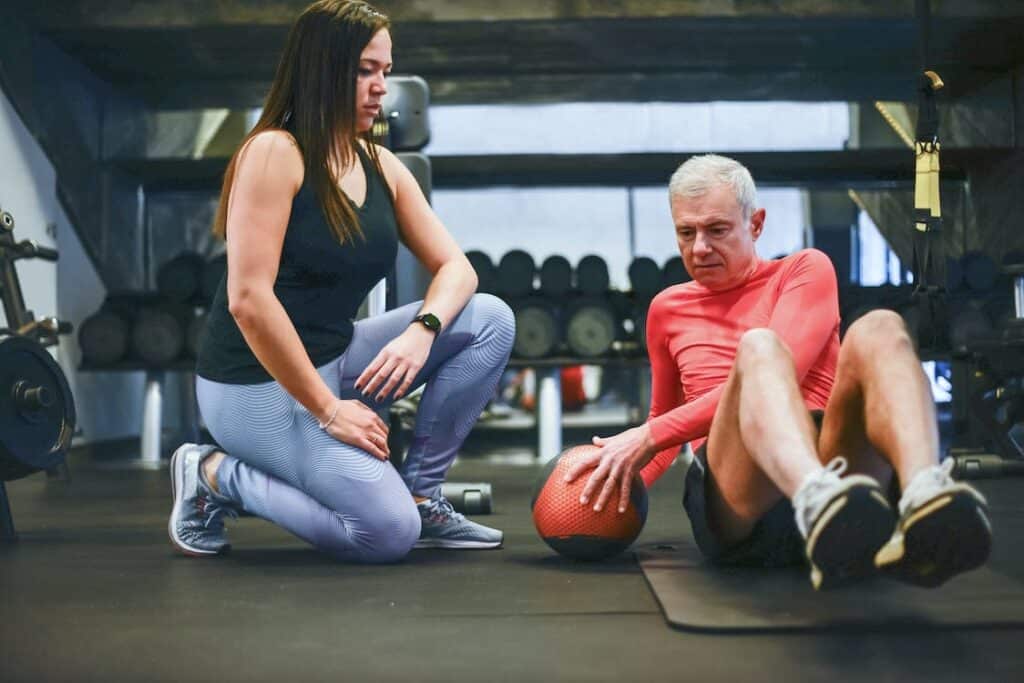Ethical Considerations in Memory Care: Balancing Senior Autonomy and Safety
Understanding the Importance of Ethics in Memory Care
As our society ages, the need for specialized memory care services grows. With this growth comes the responsibility to address the physical and emotional needs of those with cognitive decline while also considering their ethical rights and senior autonomy.
At Westmont of Pinole, located in Pinole, CA, we strive to balance these competing demands, ensuring our residents receive the care they need while respecting their senior autonomy.
Autonomy: The Cornerstone of Ethical Care
What is Senior Autonomy in Memory Care?
Senior Autonomy in the context of memory care refers to allowing residents to make choices and decisions about their own lives. This might mean choosing what to wear in the morning, deciding on their daily activities, or expressing their personal preferences.
Why Autonomy Matters
People with dementia and other cognitive impairments still have feelings, preferences, and a sense of self. Recognizing their autonomy reaffirms their dignity and personhood. It’s not just about what’s convenient for caregivers; it’s about what’s suitable for the individual.
Challenges to Maintaining Senior Autonomy
It’s no secret that preserving senior autonomy can be challenging. Cognitive impairments may mean that some residents need help understanding the consequences of their actions or may forget their decisions quickly. Balancing their wishes with their safety becomes a delicate task.
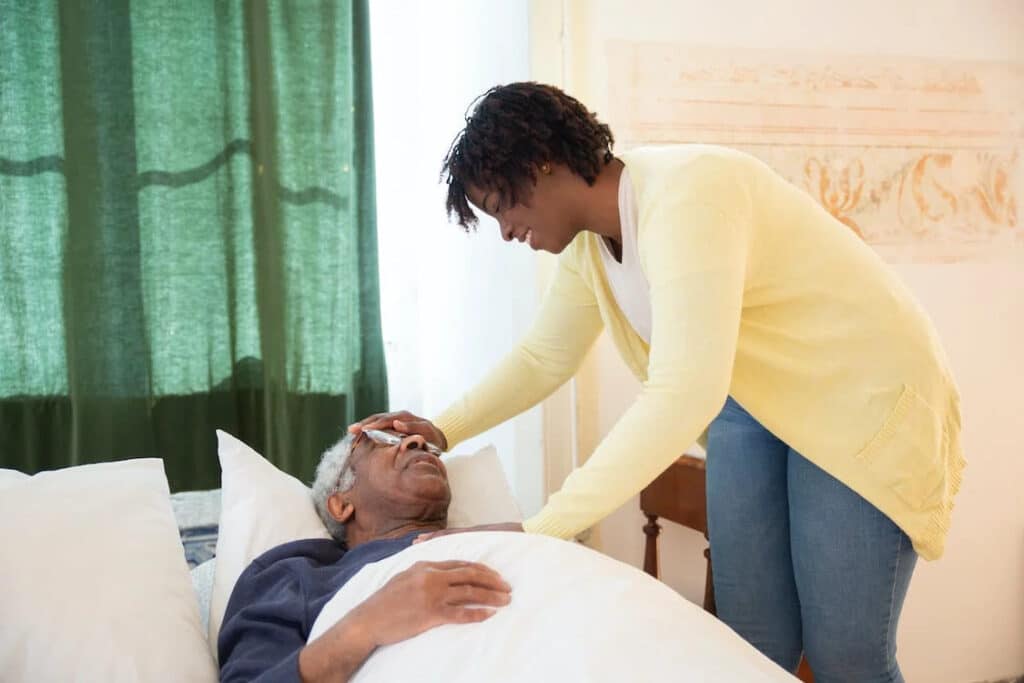
Safety: A Paramount Concern in Memory Care
Safety Measures are Vital
At Westmont of Pinole, safety is a top priority. With residents who may forget where they are or who they are with, precautions like secure entryways and continuous staff monitoring are essential. Without them, residents could wander off or injure themselves.
Respecting Autonomy While Ensuring Safety
The ethical dilemma arises when safety measures seem to conflict with a resident’s autonomy. For instance, a resident might want to go for a walk alone, but given their condition, it might not be safe. Finding a middle ground, such as accompanying them on a stroll, can often be a solution.
The Role of Communication
Open communication between staff, residents, and families is key. By discussing concerns and collaborating on solutions, we can find ways to honor autonomy while ensuring safety.
Best Practices for Balancing Autonomy and Safety
Individualized Care Plans
Every resident is unique. At Westmont of Pinole, we emphasize the creation of individualized care plans that take into account each person’s needs, preferences, and cognitive abilities. This allows for a tailored approach that respects autonomy while prioritizing safety.
Frequent Staff Training
Ongoing training ensures that our staff understands the latest best practices in memory care. They’re taught to recognize the signs of cognitive decline and how to respond in ways that both protect and respect the resident.
Encouraging Family Involvement
Family members often understand their loved ones better than anyone. By involving them in the care process, we can get insights into the resident’s preferences and habits, which can inform how we approach their care.

Facts to Consider
According to the Alzheimer’s Association, approximately 6.2 million Americans age 65 and older live with Alzheimer’s dementia in 2021.
Respecting the autonomy of dementia patients has been linked to improved mental well-being and reduced behavioral problems.
The risk of falls and injuries is significantly higher among those with cognitive impairments. Prioritizing safety is not just ethical—it’s a matter of life and well-being.
The Role of Technology in Enhancing Memory Care
As we continue to dive into the intricacies of memory care, it’s crucial to highlight the technological advancements that are reshaping the way we approach both autonomy and safety.
Modern Innovations Supporting Autonomy
Assistive Technologies for Daily Tasks
Devices such as voice assistants and specialized apps can help residents complete daily tasks with ease. From setting reminders to playing their favorite songs, these tools empower residents to maintain some control over their lives.
Virtual Reality (VR) for Cognitive Engagement
Virtual Reality (VR) can transport residents to different places and times, offering a unique form of cognitive stimulation. Whether they’re exploring a childhood town or experiencing a calming beach, VR can provide a sense of freedom and autonomy.
Wearable devices that track biometrics can give caregivers insights into a resident’s health and well-being. By understanding their patterns, caregivers can anticipate needs and tailor interventions, further promoting individual autonomy.
Safeguarding Residents with Technology
GPS and Wearable Trackers
For residents prone to wandering, GPS trackers embedded in wearables can be lifesavers. They allow caregivers to quickly locate a resident, ensuring their safety while also providing some level of freedom.
Automated Monitoring Systems
Sensors placed in rooms can detect unusual movement or prolonged inactivity, alerting staff to potential problems. This means less invasive monitoring and more respect for residents’ privacy.
Communication Platforms for Families
Secure digital platforms allow families to stay in touch with their loved ones and be informed about their daily activities and health. This not only ensures safety but also provides a sense of community and connection.
The Ethical Implications of Using Technology
Privacy Concerns
While technology offers numerous benefits, it’s crucial to handle the data collected ethically and responsibly. At Westmont of Pinole, we prioritize the privacy of our residents, ensuring that any data is used solely for their well-being.
Balancing Independence and Oversight
Too much reliance on technology can inadvertently reduce face-to-face interactions. It’s essential to strike a balance, using technology as a tool rather than a replacement for human connection.
The Future of Memory Care
The intersection of technology, ethics, autonomy, and safety paints a promising picture for the future of memory care. As innovations continue to emerge, care facilities like Westmont of Pinole will remain at the forefront, adopting best practices that center on the well-being and dignity of our residents.
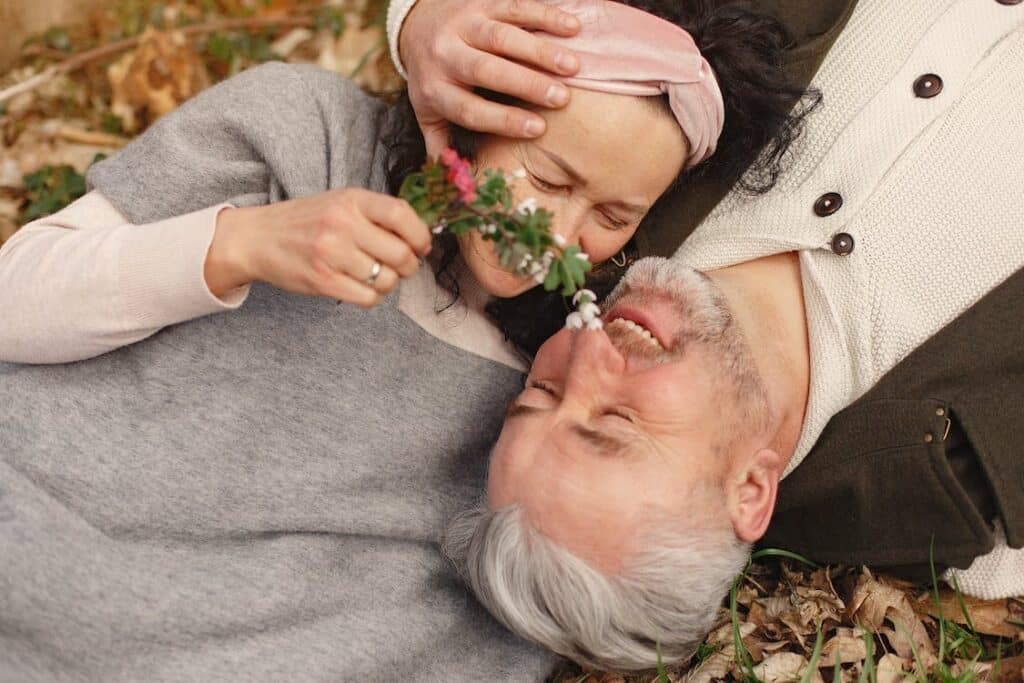
Your Next Steps
Navigating the complexities of memory care requires expertise, compassion, and a dedication to ethical considerations. If you’re looking for guidance or a safe and nurturing environment for your loved one, we’re here to help.
Connect with Westmont of Pinole
Memory care is a journey, and you don’t have to walk it alone. With a commitment to balancing senior autonomy and safety, Westmont of Pinole is your trusted partner.
Reach out to us at 510-758-1122, and let’s explore the best options for your loved one’s unique needs.



